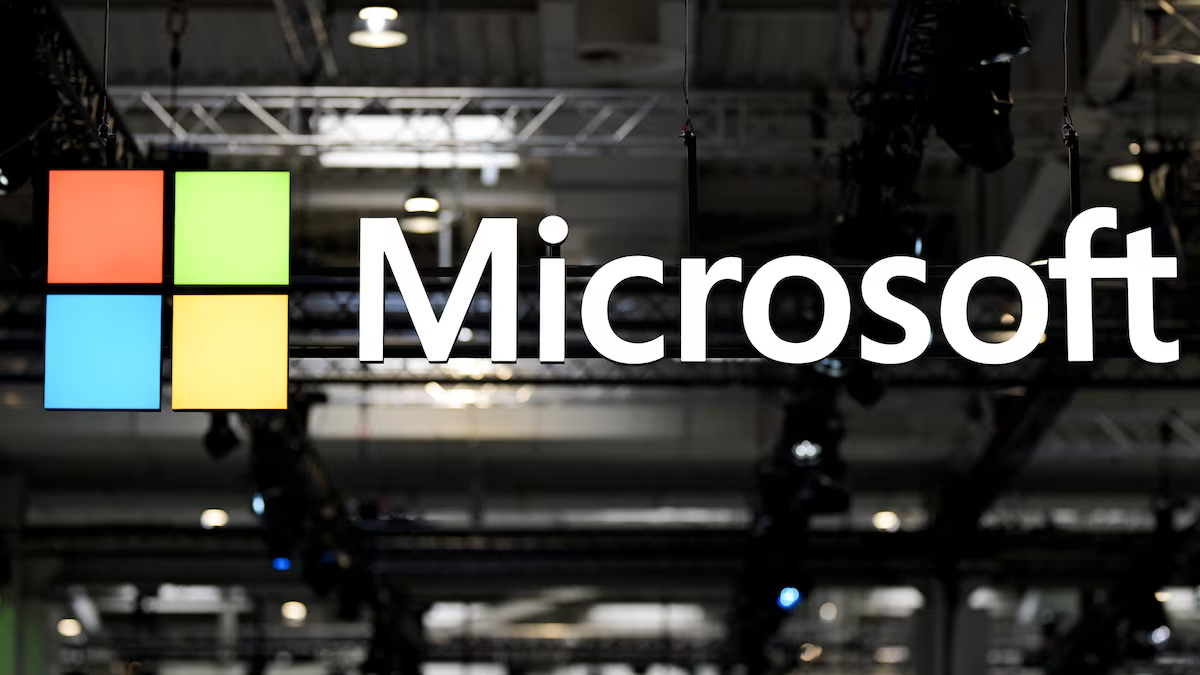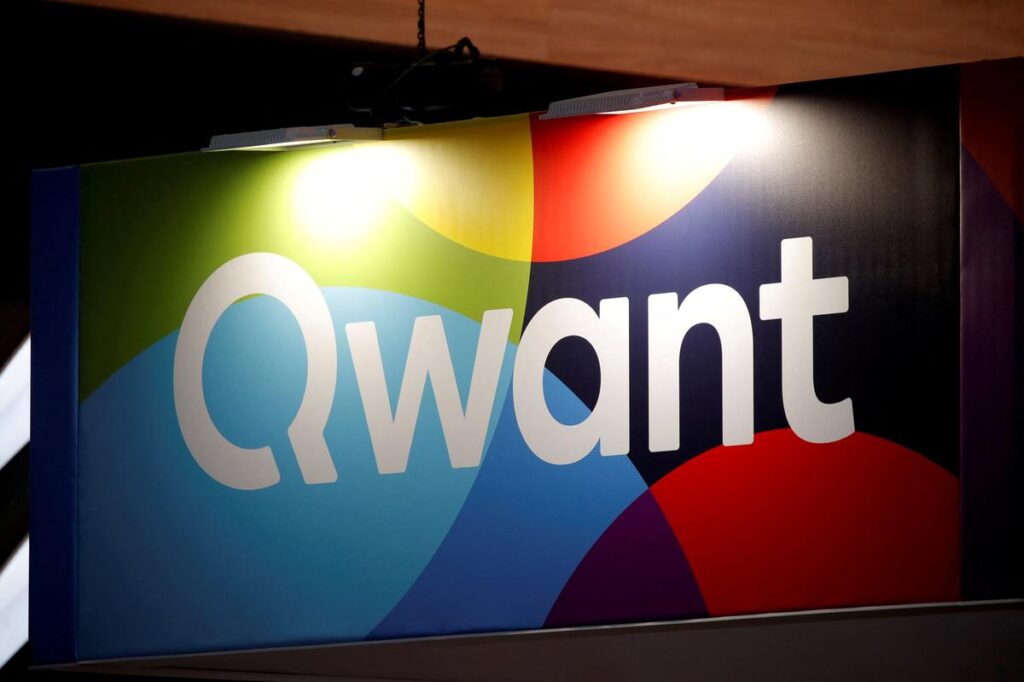Qwant Asks French Watchdog: 5 Urgent Reasons to Act Against Microsoft
Qwant asks French watchdog to take interim action against Microsoft amid mounting concerns over the quality and fairness of search engine results in France. This escalating dispute shines a spotlight on the growing influence of global tech giants and their impact on local digital ecosystems.
In this article, we delve deeply into this ongoing legal and technological conflict, unpacking the core issues behind Qwant’s complaint, the broader implications for competition in Europe, and why the French antitrust regulator might need to intervene promptly. With the investigation expected to take decisive steps by September, understanding these dynamics is more critical than ever.
Background: Why Qwant Has Raised the Alarm Against Microsoft
Qwant, the French search engine renowned for its privacy-first approach and commitment to unbiased results, has long used Microsoft’s Bing platform as a backbone for some of its services. However, recent developments suggest that Microsoft’s influence may be undermining the quality of Qwant’s search results rather than enhancing them.
Sources close to the matter report that Qwant has formally requested France’s antitrust watchdog, the Autorité de la concurrence, to take interim action against Microsoft. This move is intended to prevent further dilution of search result quality while a full investigation is underway.
What Prompted This Request?
- Alleged Lowering of Search Quality: Qwant claims Microsoft’s Bing integration is causing poorer search results, adversely affecting user experience in the French market.
- Market Dominance Concerns: Microsoft is a global tech behemoth, and its dominant position could unfairly skew visibility and traffic against smaller competitors like Qwant.
- Potential Anti-Competitive Practices: The complaint hints at possible practices by Microsoft intended to drive down competition under the guise of service integration.
The French Regulator’s Role and Next Steps
The French antitrust body has taken preliminary steps by gathering feedback from other search engines, indicating a transparent and inclusive investigation process. The timeline points toward a potential decision on interim measures and the prospect of a formal probe by September.
What Does Interim Action Mean?
Interim action refers to temporary regulatory measures designed to prevent harm while a full investigation proceeds. If granted, these could stop Microsoft from continuing the alleged practices that degrade search quality on Qwant.
Possible Outcomes of the Investigation
- Enforcement of stricter data-sharing rules to ensure fair competition
- Mandatory changes to how Bing integrates with Qwant
- Financial penalties or sanctions if violations are confirmed
- Setting precedents for collaboration and fairness in the French and wider European tech markets
5 Urgent Reasons Why the French Watchdog Should Act Now
The stakes here transcend a single dispute. Qwant’s call for interim action echoes broader concerns about digital sovereignty, market fairness, and consumer choice. Here are five critical reasons why the French watchdog’s role is pivotal:
1. Preserving Search Quality and User Trust
Search engines shape how billions access information daily. Any decline in result relevance undermines public trust and hampers informed decision-making. Qwant argues that Microsoft’s Bing platform integration is eroding this vital quality for French users.
Studies show that users often trust their primary search engine implicitly—meaning slashed quality can have ripple effects on everything from news consumption to e-commerce behaviors.
2. Protecting Competition in a Consolidated Market
Europe’s digital market is increasingly concentrated around a handful of tech giants. Microsoft’s dominant position risks crowding out smaller players. Without intervention, this could lead to monopolistic control, stifling innovation and diversity in search technologies.
3. Upholding European Digital Sovereignty
As Europe pushes for greater control over its digital future, this case highlights the tensions with global tech providers headquartered outside the region. Ensuring fair treatment of European companies like Qwant aligns with broader EU strategies to foster local innovation and data autonomy.
4. Preventing Anti-Competitive Integration Practices
Qwant’s complaint suggests Microsoft might be leveraging its Bing platform to indirectly disadvantage competitors through technical or contractual means. This kind of “integration leverage” can distort markets without overtly violating laws unless regulators act swiftly.
5. Setting a Precedent for Global Tech Accountability
How the French regulator responds could influence global approaches to regulating big tech. Interim action would not only protect current market conditions but also send a clear message about the necessity of fair practices in digital partnerships.
Broader Context: How This Fits Into European Efforts on Big Tech Regulation
Qwant’s case is part of a larger tapestry of European initiatives aimed at reining in the unchecked power of multinational tech giants:
- Digital Markets Act (DMA): Sets rules preventing gatekeeper firms from abusing dominance, relevant to how Microsoft interacts with smaller search engines.
- General Data Protection Regulation (GDPR): Emphasizes user privacy, a key aspect that Qwant leverages to differentiate itself from competitors.
- Past Antitrust Cases: Europe has taken action against Google and Apple, demonstrating its readiness to hold giants accountable.
In this light, Qwant’s appeal dovetails with a broader European ethos promoting digital fairness and consumer protection.
You might also like: OnePlus 13s Launch: 5 Powerful Features You Can’t Miss
Unique Insights: Why Bing’s Role Is So Crucial for Qwant
Unlike some independent search engines that crawl the web extensively themselves, Qwant has depended heavily on Bing’s infrastructure. This partnership reflects both technical generosity and strategic vulnerability.
If Microsoft limits or alters data sharing in ways that degrade Qwant’s service quality – intentionally or not – Qwant suffers disproportionately. This creates a conflict of interest dynamics, where the provider of essential tech infrastructure is also a direct competitor.
Moreover, recent tech trends suggest growing integration between platforms to bundle services and lock users into ecosystems. Without clear regulation, this bundling can subtly disfavor smaller actors.
What Does This Mean for Users and the Search Industry?
The outcome of this case could influence:
- User Experience: Maintaining high-quality, unbiased search results ensures informed users and vibrant information landscapes.
- Market Diversity: Supports multiple search engines coexisting, fostering innovation and choice.
- Tech Partnerships: Could redefine how platforms share data and integrate services without hurting competition.
- Regulatory Standards: Enhances clarity around interim action as a tool to balance innovation with fairness.
A Critical Moment for Digital Fairness in France
Qwant asks French watchdog to take interim action against Microsoft at a decisive juncture. This call transcends a business rivalry, touching on fundamental principles of market fairness, digital sovereignty, and the user’s right to reliable information.
Whether the French regulator imposes interim measures will not only affect Qwant’s future but potentially chart new waters for how European—and global—markets manage the power imbalance between fast-growing local innovators and entrenched tech titans.
For users, industry players, and policymakers alike, staying informed about this unfolding issue is vital. It reminds us that behind every search result lies a complex web of technology, economics, and regulation that shapes our digital realities.

Further Reading and Updates
- Autorité de la concurrence official website – ongoing updates on regulatory actions
- Qwant’s official page – learn more about their privacy-first approach
- Microsoft blogs – insights on Bing platform and partnerships
Stay tuned as we continue to monitor this high-stakes case shaping the future of search engines in France and beyond.













